In today’s rapidly evolving global economic landscape, the African Continental Free Trade Area (AfCFTA) is a pivotal milestone, heralding a new era of economic integration across the African continent. This groundbreaking initiative has captured the attention of governments, businesses, and economists alike, promising to unleash many opportunities while reshaping the dynamics of trade and commerce in Africa. In this comprehensive article, we delve into the intricacies of AfCFTA, exploring its origins, objectives, potential benefits, challenges, and the transformative impact it can have on African economies.
Origins and Vision
The genesis of AfCFTA can be traced back to the African Union’s ambitious Agenda 2063, a strategic framework aimed at propelling the continent towards socio-economic transformation and sustainable development. Envisioned as a catalyst for deeper regional integration, AfCFTA was officially launched on January 1, 2021, to create a single market for goods and services spanning all 55 African Union member states. By fostering an environment of enhanced cooperation and collaboration, AfCFTA strives to boost intra-African trade and elevate the continent’s position in the global marketplace.
Objectives and Key Provisions
AfCFTA is anchored by ambitious objectives designed to accelerate African economic growth and development. Its key provisions include the progressive elimination of tariffs on goods traded between member states, the establishment of a liberalized services market, the creation of a mechanism for resolving trade disputes, and the facilitation of the movement of people and investments across borders. These provisions, underpinned by a commitment to foster sustainable development, infrastructural connectivity, and industrialization, collectively pave the way for a more prosperous and integrated Africa.
Potential Benefits and Opportunities
The implementation of AfCFTA holds the promise of unlocking a myriad of benefits and opportunities for African nations. Chief among these is the potential to significantly expand intra-African trade, historically hindered by trade barriers and a need for more infrastructure. By fostering a conducive environment for trade, AfCFTA aims to boost economic diversification, attract foreign investments, stimulate job creation, and ultimately elevate living standards across the continent. Moreover, the agreement’s emphasis on regional value chains and increased manufacturing presents a unique chance for African countries to tap into their latent industrial potential and position themselves as global manufacturing hubs.
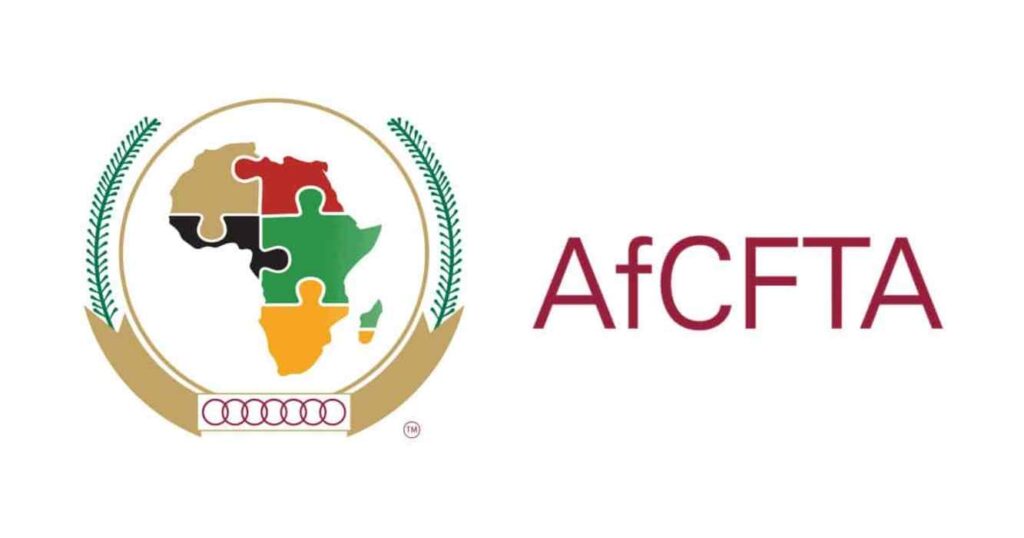
Addressing Challenges and Impediments
While AfCFTA holds immense promise, it has its share of challenges. The diversity of economies, regulatory frameworks, and levels of development among member states necessitates careful consideration and coordination. Addressing non-tariff barriers, ensuring fair competition, and building the necessary infrastructure are vital to the agreement’s success. Additionally, concerns about the potential displacement of certain industries and the need to safeguard vulnerable sectors must be actively managed to ensure an equitable transition.
Transformative Impact and Future Outlook
The successful implementation of AfCFTA can reshape Africa’s economic landscape and position the continent as a formidable player on the global stage. AfCFTA can drive sustainable growth, reduce poverty, and enhance Africa’s resilience to external shocks by fostering closer economic ties, promoting innovation, and encouraging entrepreneurship. As member states continue to work collaboratively towards realizing the agreement’s goals, it is clear that AfCFTA is not merely a trade agreement but a transformative force that can usher in a new era of economic prosperity and unity for Africa.
Conclusion
In conclusion, the African Continental Free Trade Area (AfCFTA) represents a watershed moment in Africa’s economic integration and self-reliance journey. With its ambitious objectives, comprehensive provisions, and transformative potential, AfCFTA is a testament to the continent’s determination to carve out a brighter future for its people. As African nations continue to navigate the complexities of implementation, one thing is certain: AfCFTA is poised to leave an indelible mark on Africa’s economic trajectory, fostering prosperity, unity, and a shared vision of a brighter tomorrow.













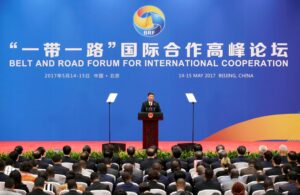
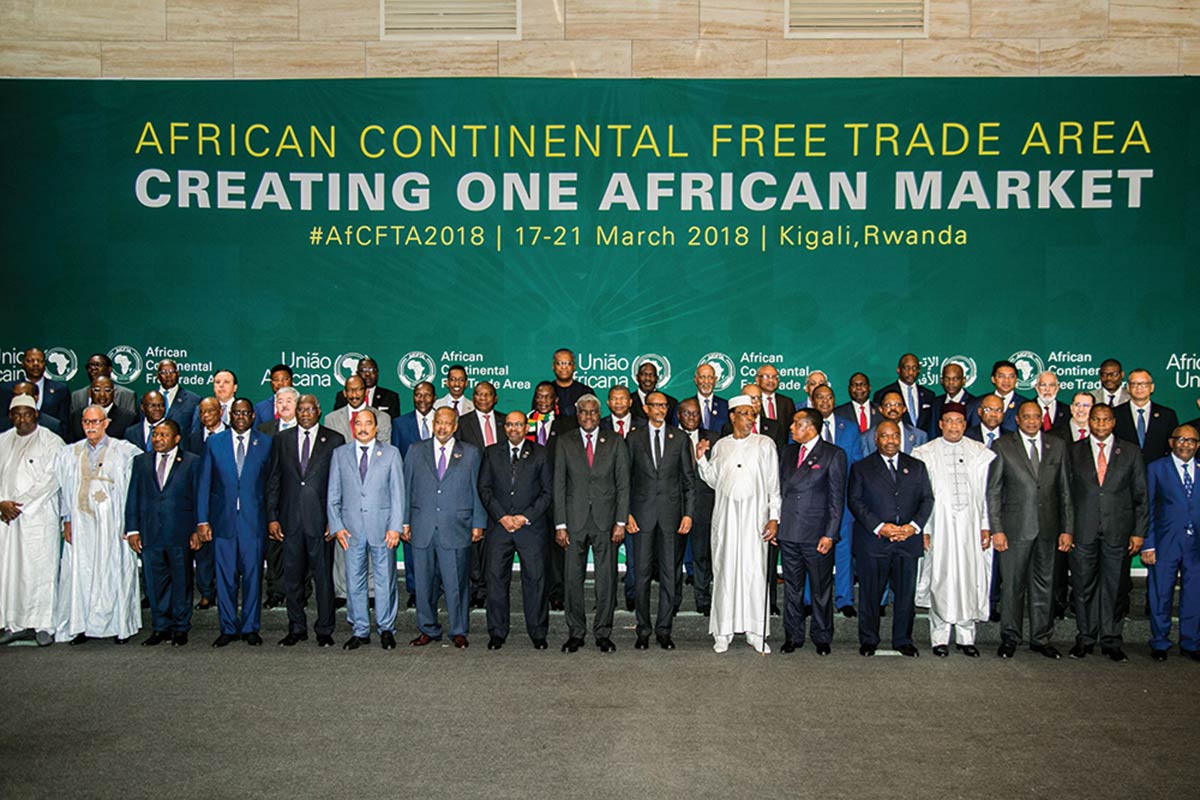
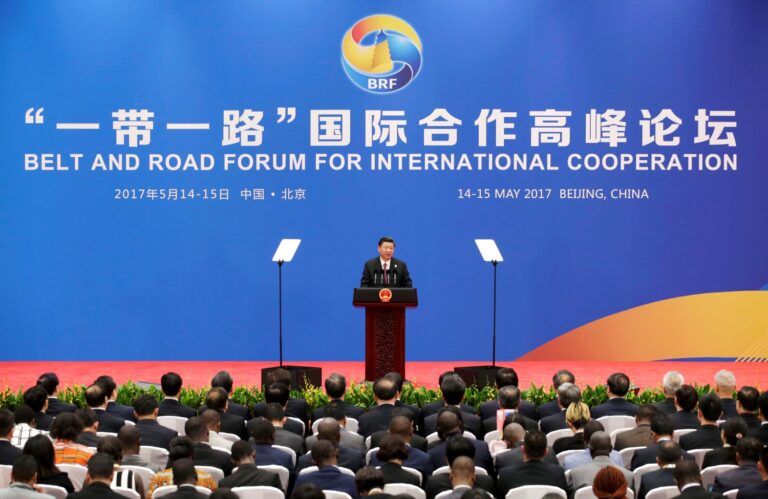







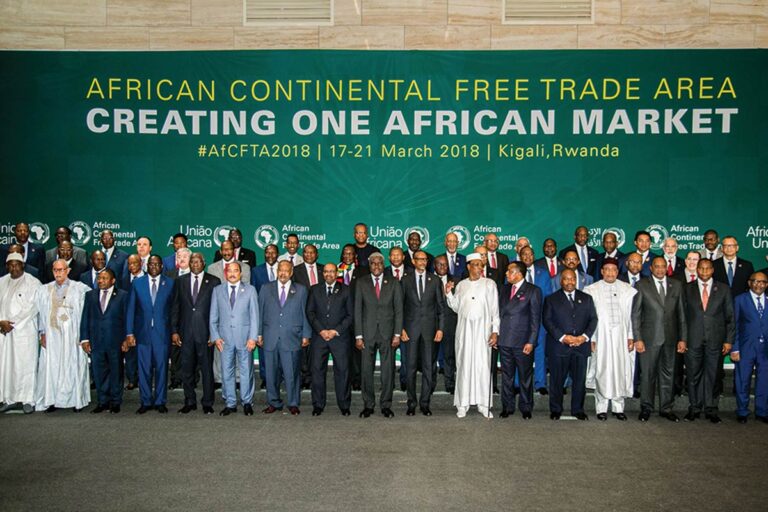

+ There are no comments
Add yours